In this section we introduce two families of common discrete probability distributions ie probability distributions for discrete random variables. The binomial distribution is a common discrete distribution used in statistics as opposed to a continuous distribution such as the normal distribution.

Some Important Discrete Probability Distributions
This is because the binomial distribution.
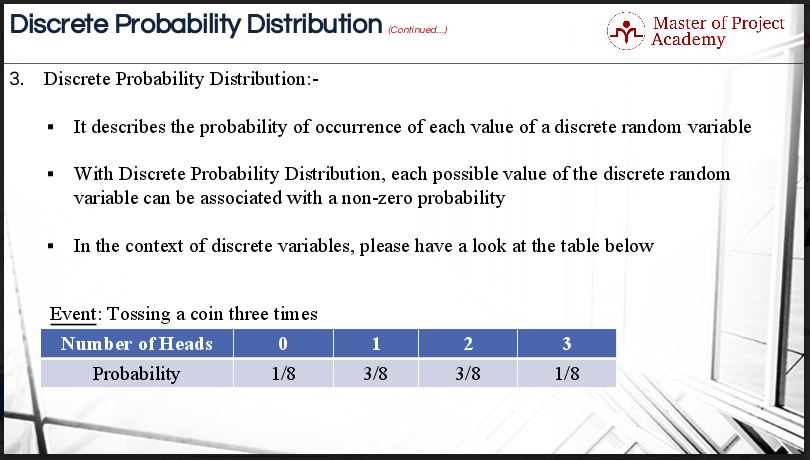
Binomial distribution is a discrete probability distribution. It is a discrete probability distribution. In probability theory and statistics the binomial distribution with parameters n and p is the discrete probability distribution of the number of successes in a sequence of n independent experiments each asking a yesno question and each with its own boolean valued outcome. We refer to these as families of distributions because in each case we will define a probability mass function by specifying an explicit formula and that formula will incorporate a constant.
The probability distribution of binomial random variable is termed as binomial probability distribution. Binomial probability mass function. Success with probability p or failure with probability q 1 pa single successfailure experiment is also.
The probability function of binomial distribution is also called binomial probability mass function and can be denoted by bx n p that is a binomial distribution of random variable x with n given number of trials and p probability of success as parameters.

Discrete Probability Distributions

Discrete Probability Distributions Examples Binomial Poisson Hypergeometric Fast Version Youtube
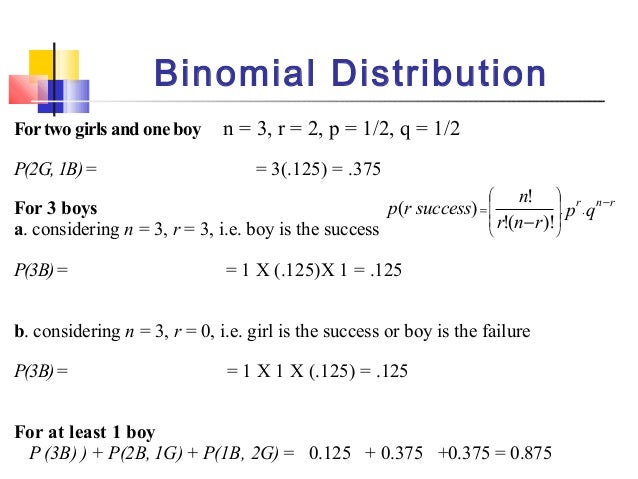
4 1 Probability And Discrete Probability Distributions

Discrete Probability Distributions Statistics

Probability Distributions For Discrete Variables
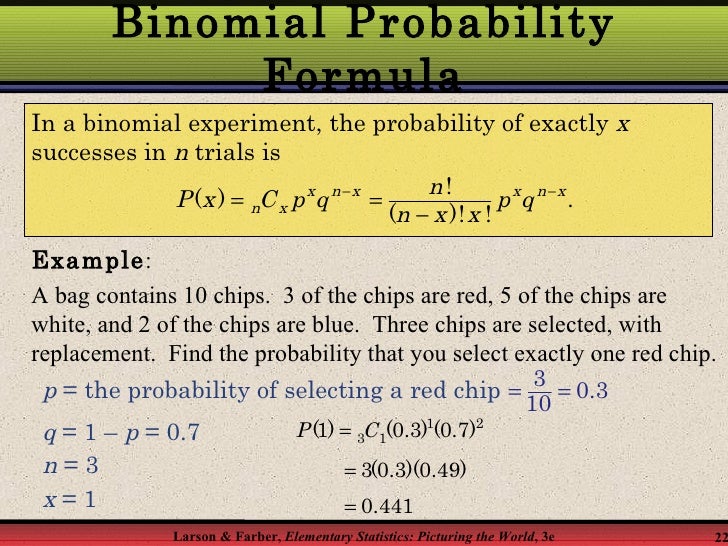
Discrete Probability Distributions

Binomial Distribution Wikipedia

Discrete Probability Distribution Test Questions Slideshare
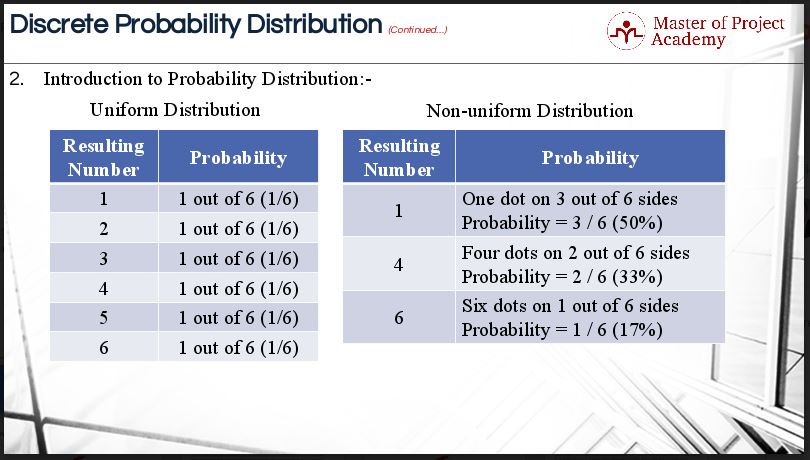
Understanding Discrete Probability Distribution

Understanding Discrete Probability Distribution

Working With Probability Distributions Count Bayesie

Understanding Binomial Probability Distribution Magoosh Statistics Blog

Binomial Distribution Real Statistics Using Excelreal Statistics Using Excel

Chapter 5 Discrete And Continuous Probability Distributions Ppt Download

Basics Of Probability Binomial Poisson Distribution Illustration With Practical Examples Youtube

Solved Exercise 2 Discrete Probability Distributions And Chegg Com

The Binomial Distribution Maple Programming Help
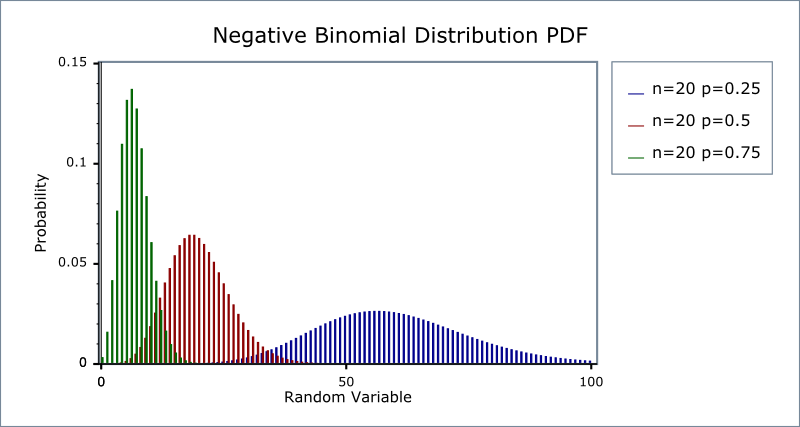
Negative Binomial Experiment Distribution Definition Examples Statistics How To

Chapter 4 Discrete Probability Distributions Ppt Download

1 3 6 6 18 Binomial Distribution
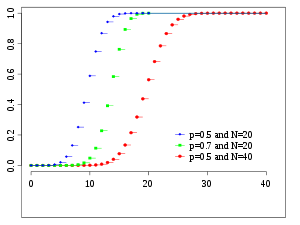
Binomial Distribution Wikipedia
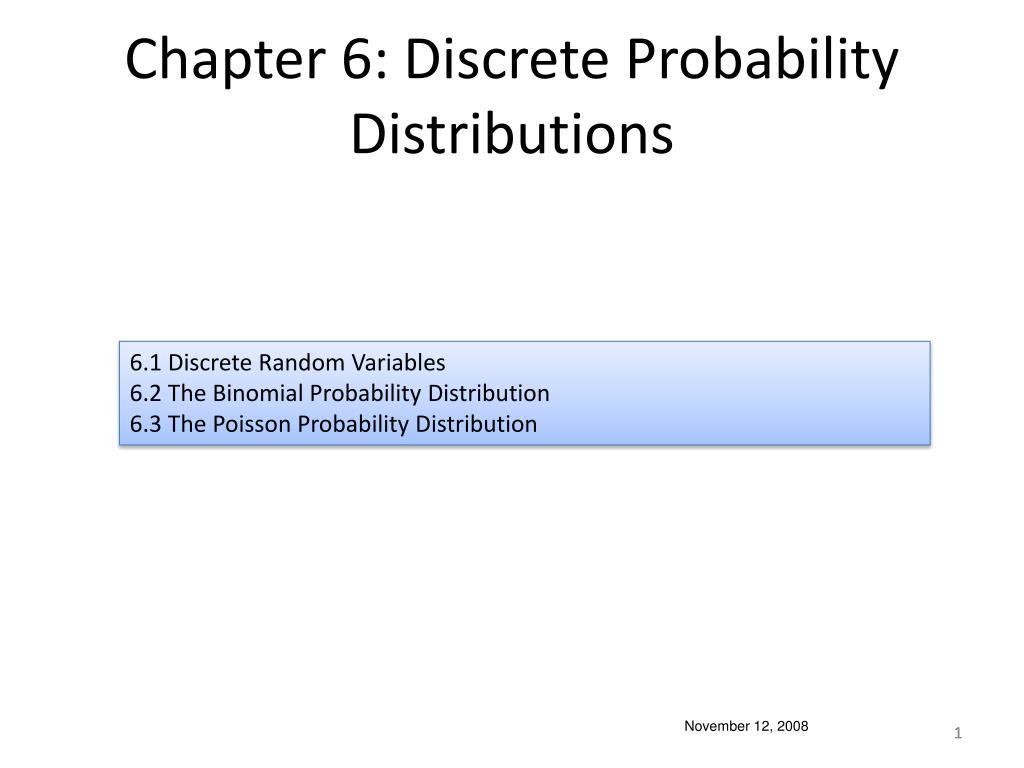
Ppt Chapter 6 Discrete Probability Distributions Powerpoint Presentation Id 264683

Binomial Distribution

Https Encrypted Tbn0 Gstatic Com Images Q Tbn And9gcrlhqgb0nmkf9opqbiv2phzg Ohrc0phczwr2pmbzcj0huiq0yh Usqp Cau
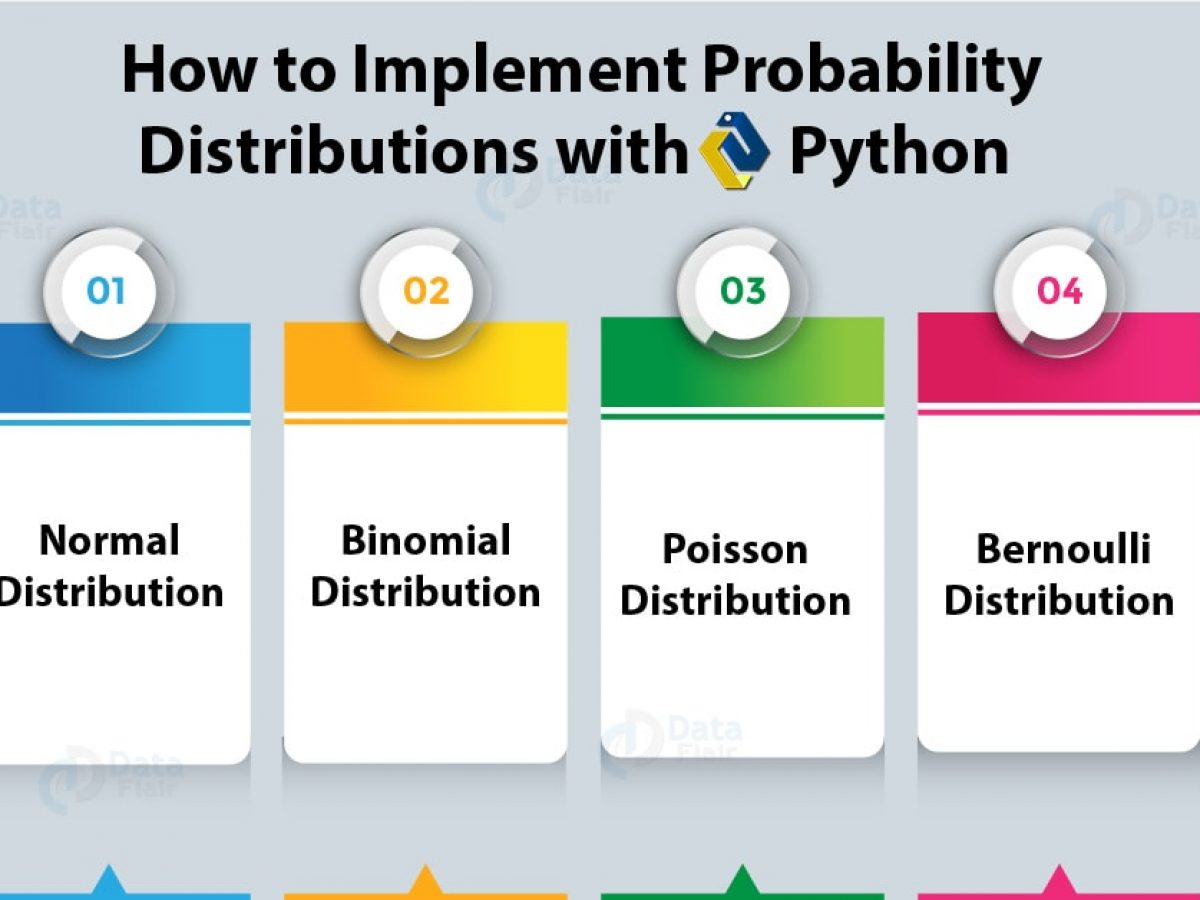
Python Probability Distributions Normal Binomial Poisson Bernoulli Dataflair

4 1 Probability And Discrete Probability Distributions

Ppt Discrete Random Variables And Probability Distributions Powerpoint Presentation Id 1671039

Discrete Probability Distributions Statistics

Ppt Discrete Probability Distributions The Binomial Distribution Powerpoint Presentation Id 2064879
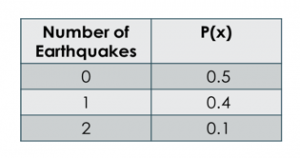
Discrete Probability Distributions Env710 Statistics Review Website

Goodness Of Fit Tests For Discrete Distributions Statistics By Jim

Discrete Probability Distributions Example Problems Binomial Poisson Hypergeometric Geometric Youtube
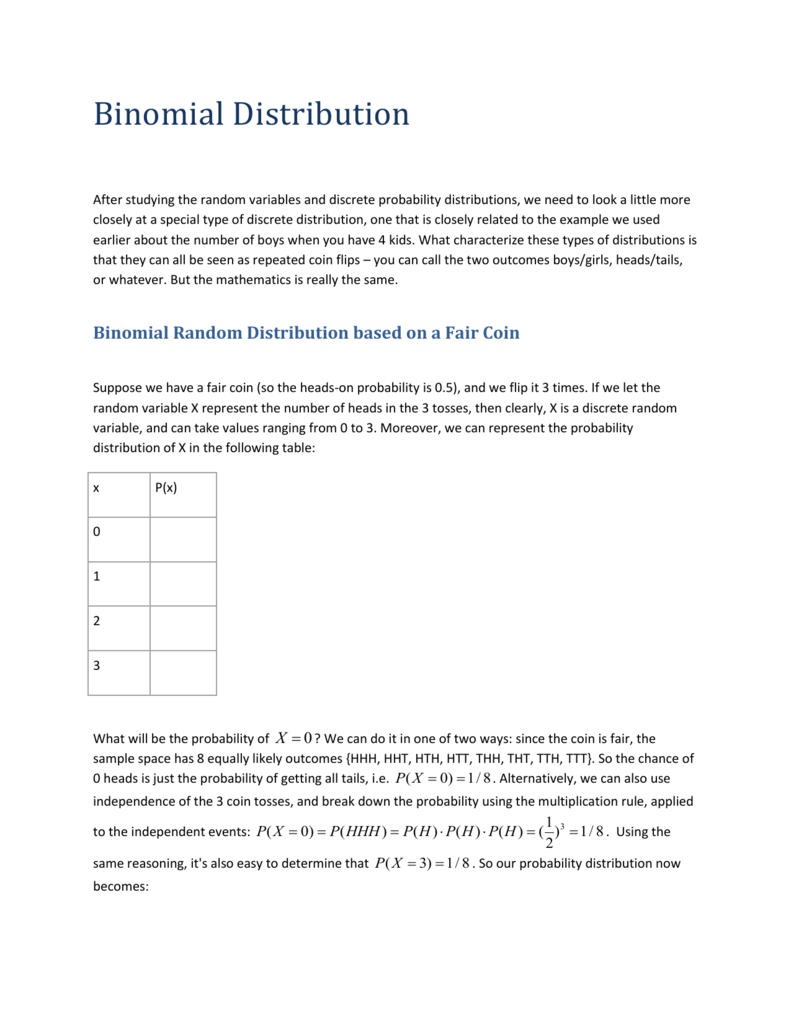
Assumptions Of Binomial Distribution

Valid Discrete Probability Distribution Examples Video Khan Academy
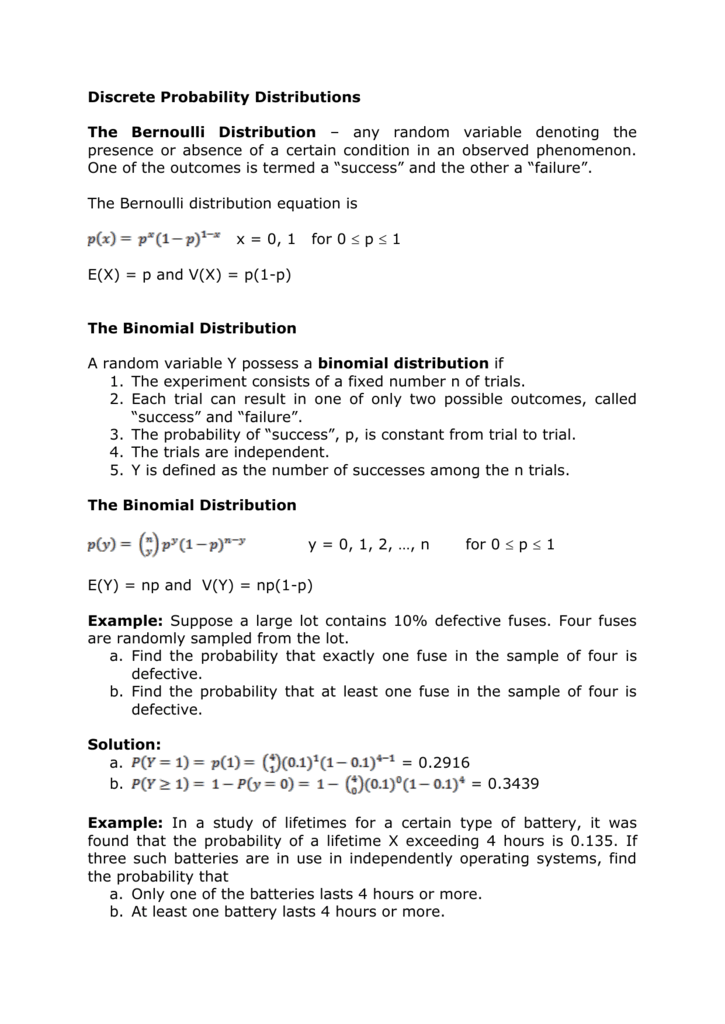
Discrete Probability Distribution

Binomial Distribution An Overview Sciencedirect Topics
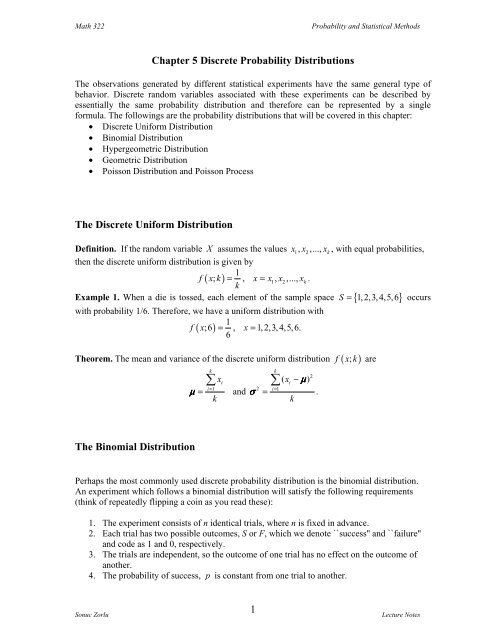
Chapter 5 Discrete Probability Distributions

Solved Problem 4 A Discrete Probability Distribution Aris Chegg Com

Some Important Discrete Probability Distributions
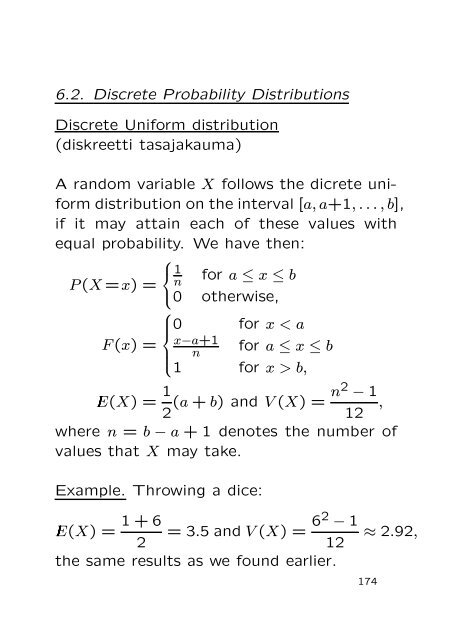
6 2 Discrete Probability Distributions Discrete Uniform Distribution

Understanding Bernoulli And Binomial Distributions By Valentina Alto Towards Data Science
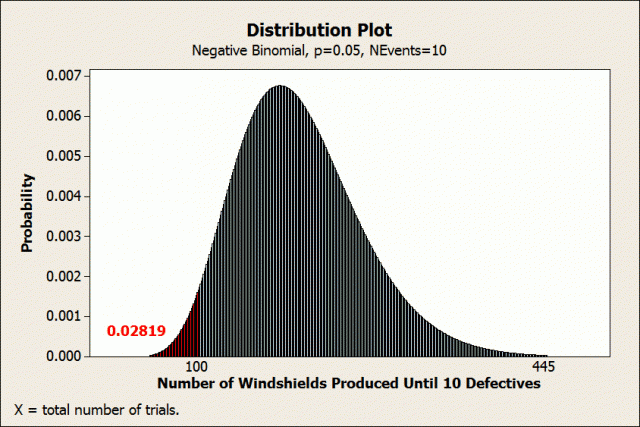
Understanding And Using Discrete Distributions
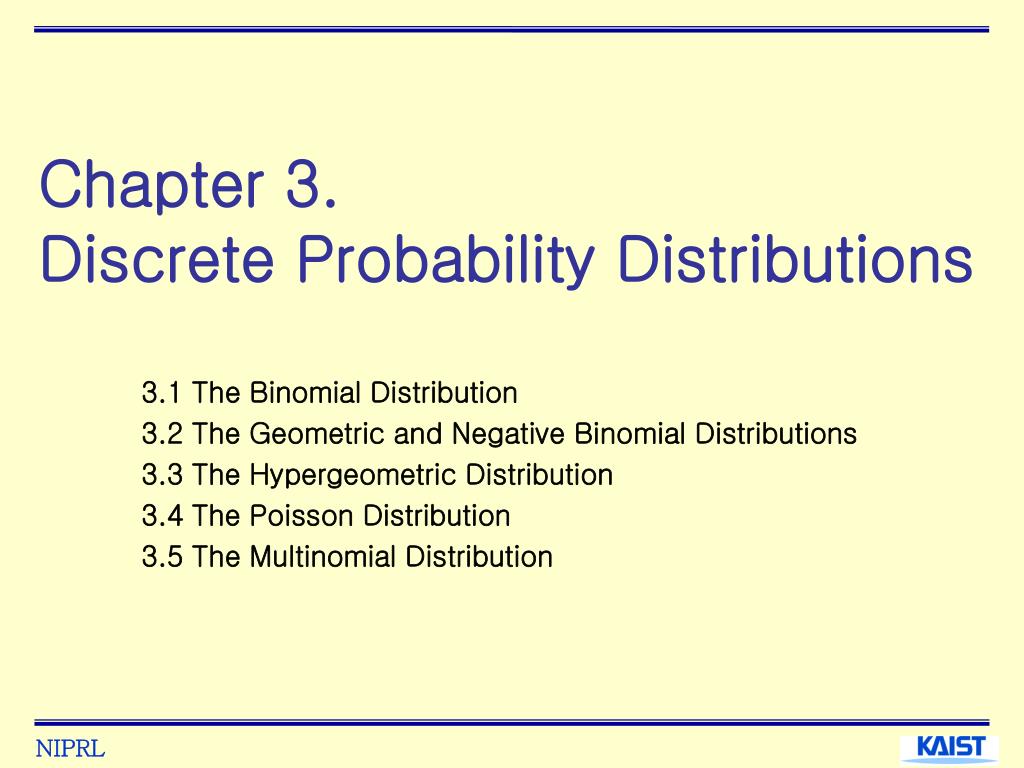
Ppt Chapter 3 Discrete Probability Distributions Powerpoint Presentation Id 4694733
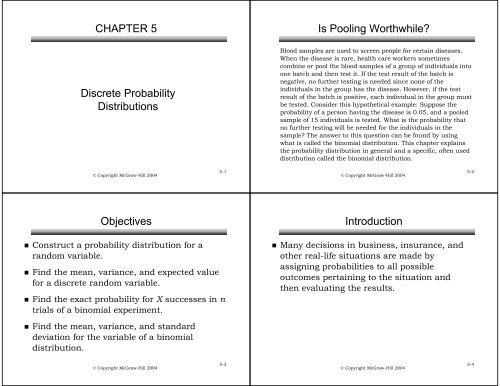
Chapter 5 Discrete Probability Distributions Is Pooling Worthwhile
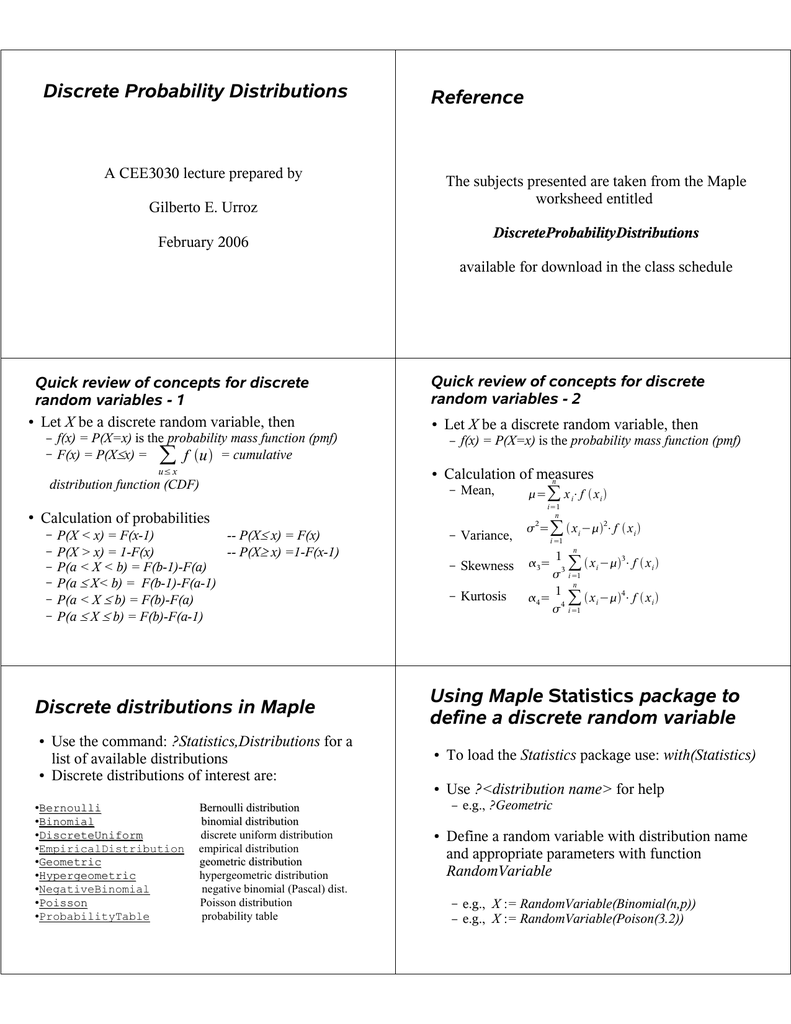
Discrete Probability Distributions Reference

Binomial Formula Explained

Chapter 3 Discrete Probability Distributions Ppt Video Online Download

Solved Which Of The Following Statements Is Correct O A Chegg Com
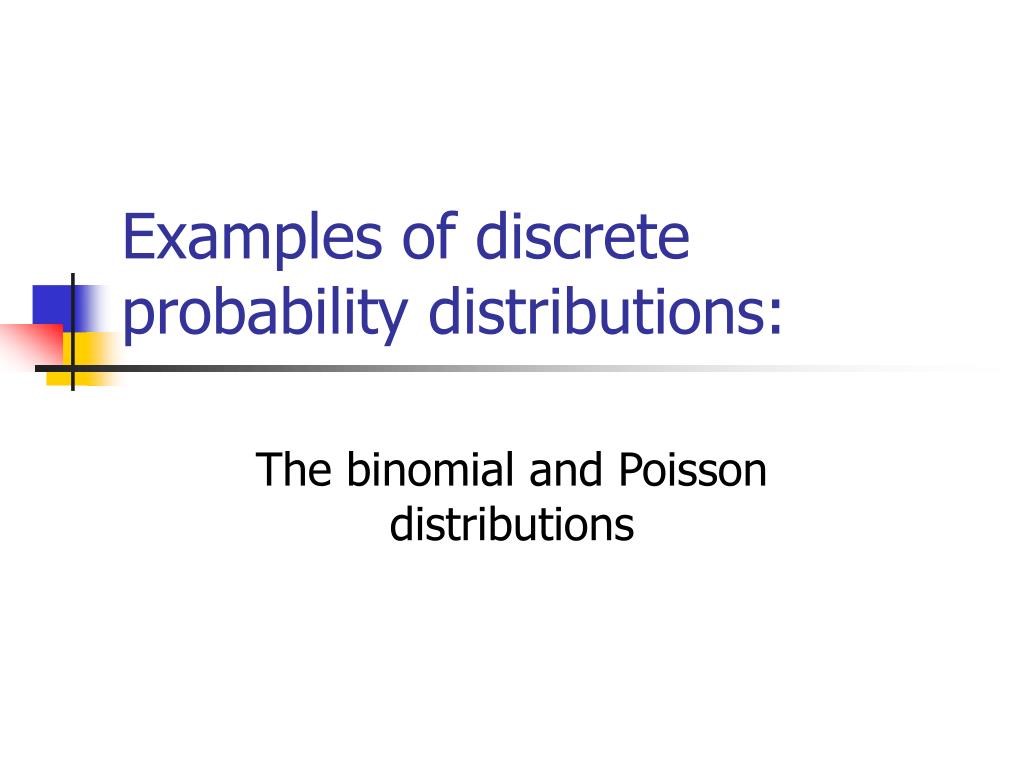
Ppt Examples Of Discrete Probability Distributions Powerpoint Presentation Id 264401

Understanding And Choosing The Right Probability Distributions With Examples By Kessie Zhang Towards Data Science

Overview Of Some Discrete Probability Distributions Binomial Geometric Hypergeometric Poisson Negb Youtube
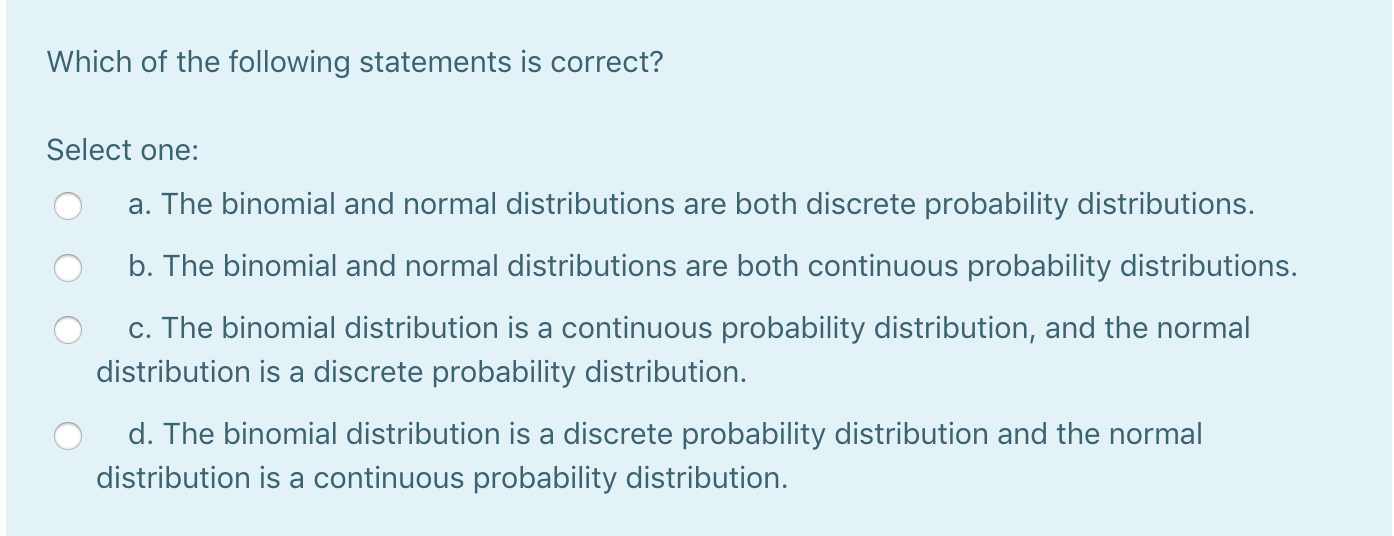
Solved Which Of The Following Statements Is Correct Sele Chegg Com
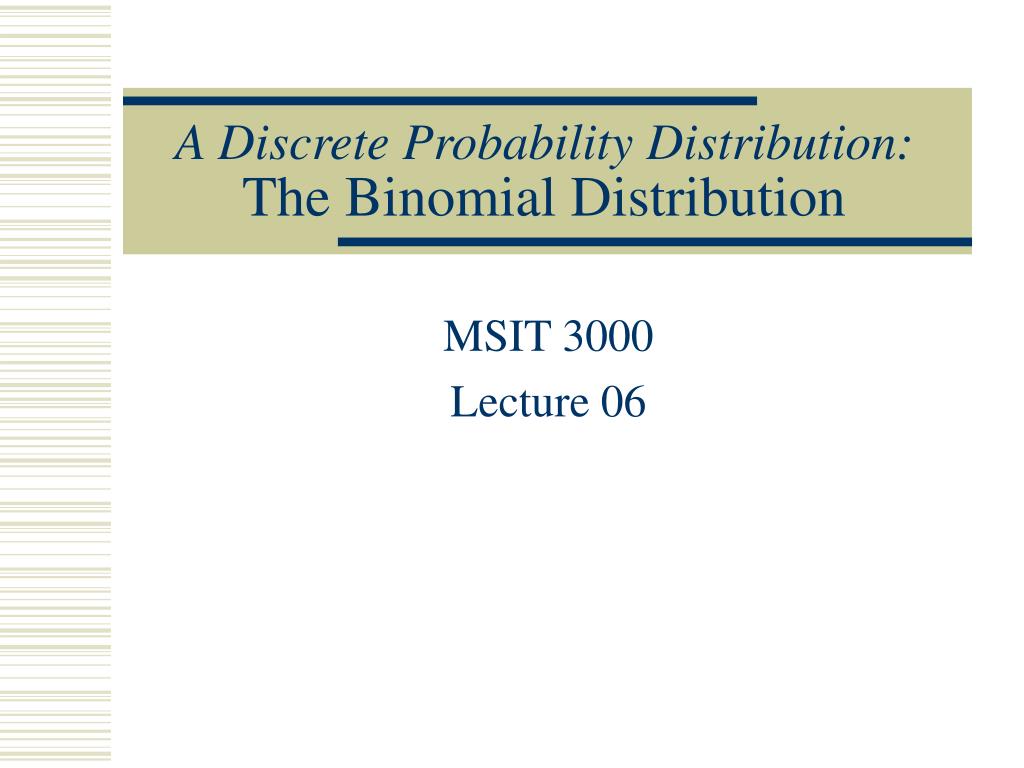
Ppt A Discrete Probability Distribution The Binomial Distribution Powerpoint Presentation Id 625934
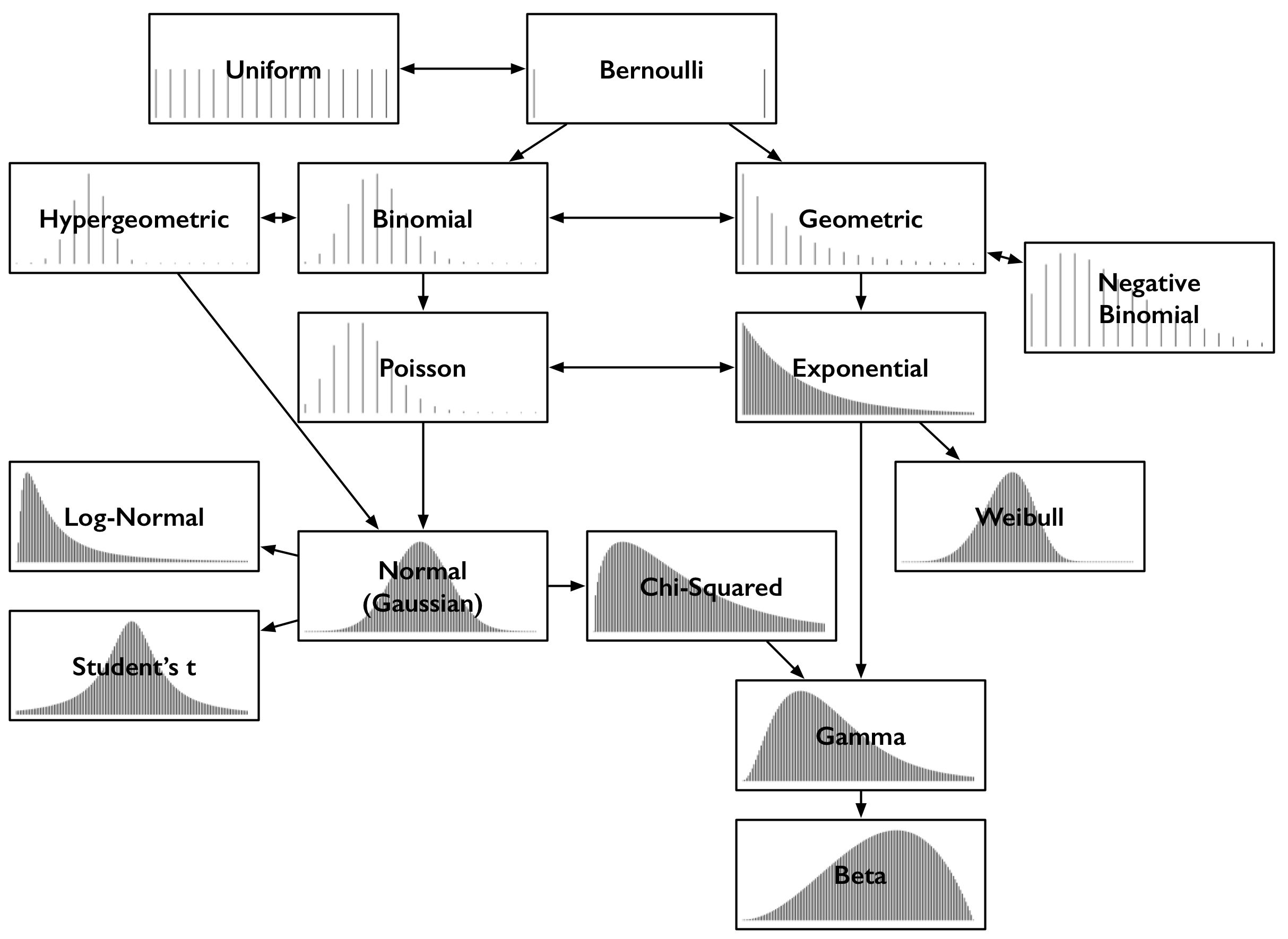
Common Probability Distributions The Data Scientist S Crib Sheet By Sean Owen Medium
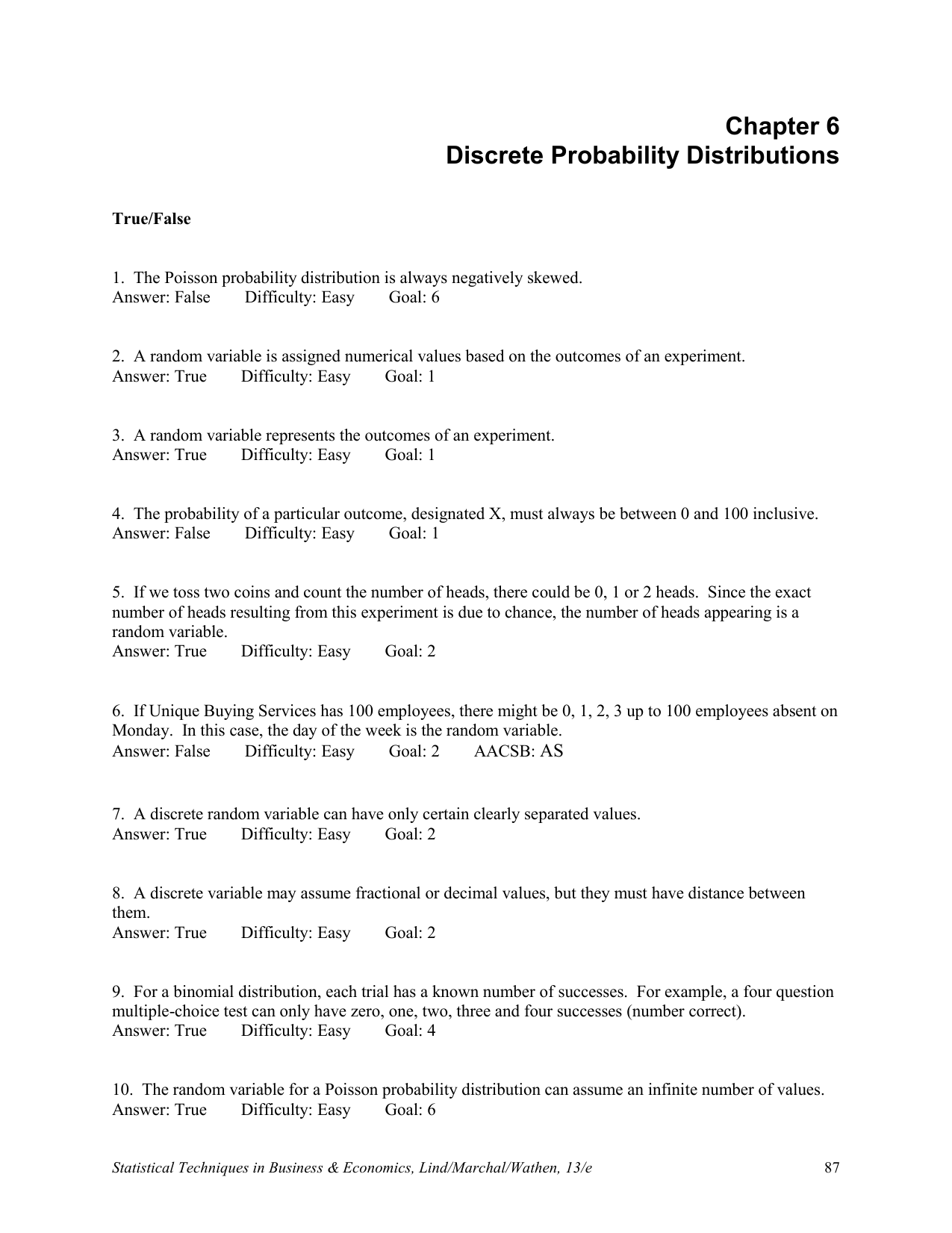
Chapter 6 Discrete Probability Distribut

Chapter 5 Discrete Random Variables Probability Distributions Ppt Video Online Download

Understanding Probability Distributions Statistics By Jim
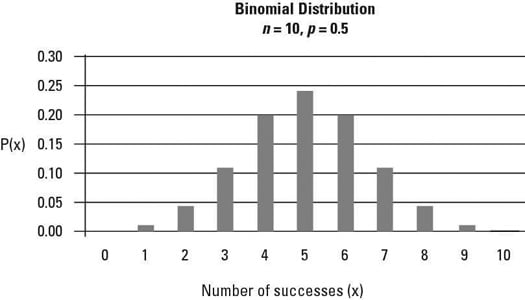
How To Graph The Binomial Distribution Dummies

Understanding Geometric And Inverse Binomial Distribution Data Science Chalk Talk

Comparing And Selecting Discrete Probability Distributions Youtube

Different Types Of Probability Distribution Characteristics Examples Databasetown
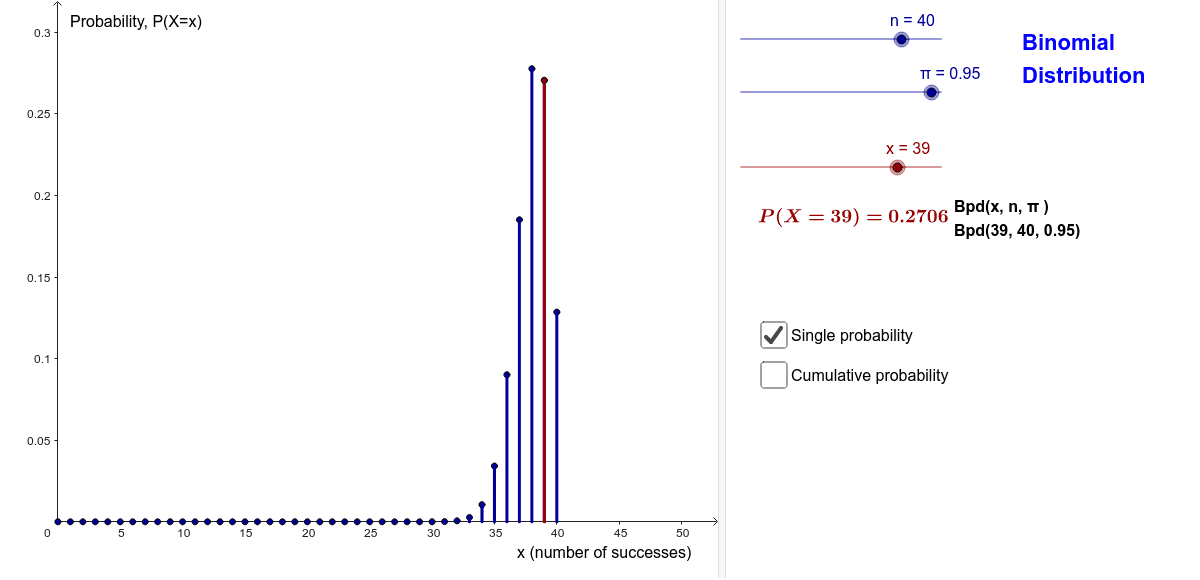
Discrete Probability Distributions Approximations Geogebra

Negative Binomial Distribution Wikipedia
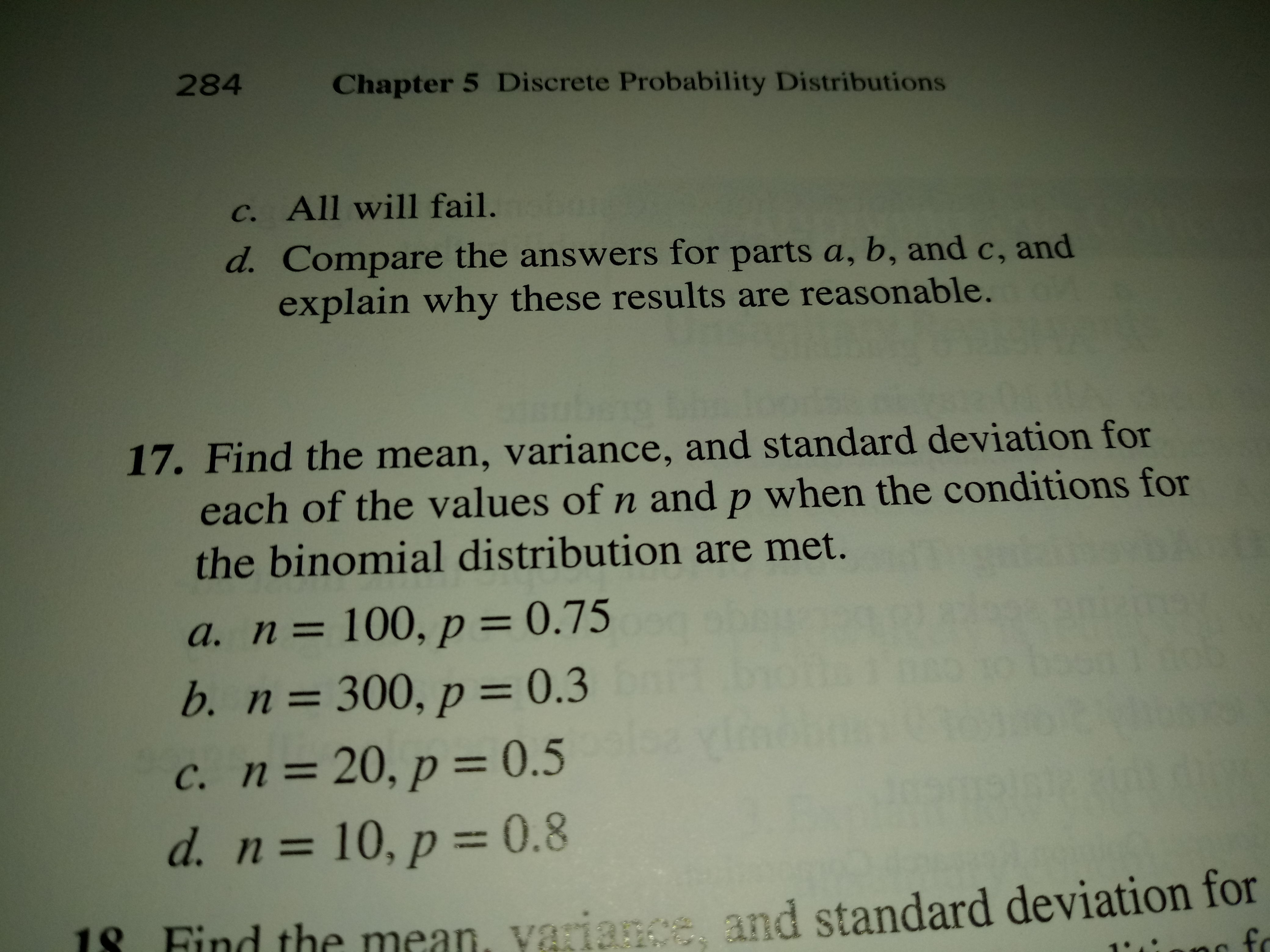
Answered 284 Chapter 5 Discrete Probability Bartleby

Chapter 5 Discrete Probability Distributions

Normal Distribution Binomial Distribution Poisson Distribution Make Me Analyst
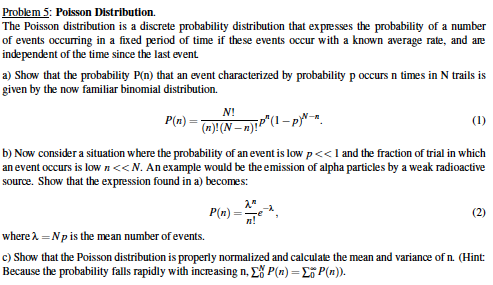
Solved Problem 5 Poisson Distribution The Poisson Distr Chegg Com

05 Discrete Probability Distribution Probability Distribution Random Variable
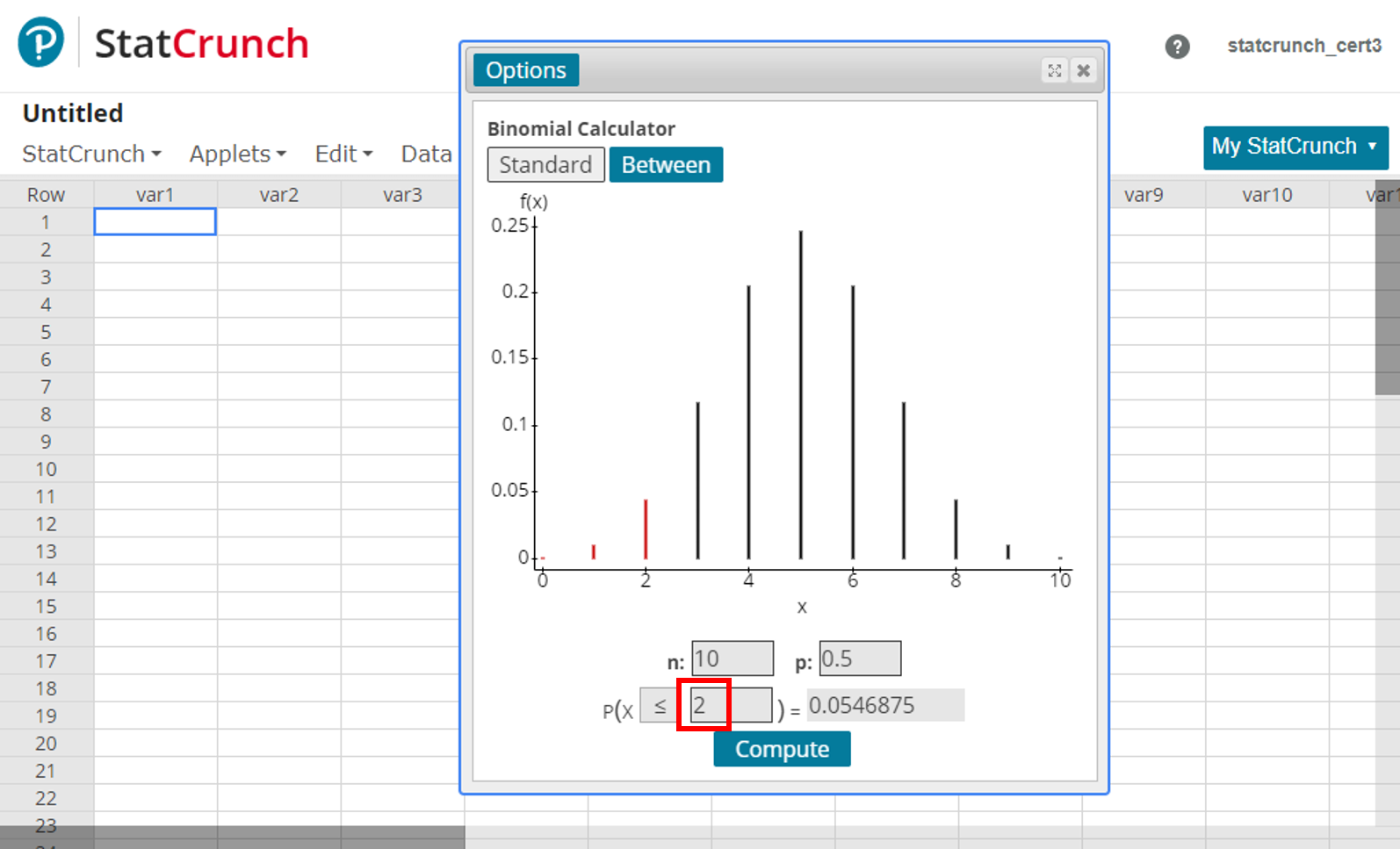
Graphical Calculators For Discrete Distributions

Ck 12 Flexbooks On Binomial Probability Distribution By Ck 12 Flexbooks Issuu

Discrete Probability Distributions Binomial Distribution Poisson Distribution Hypergeometric Distribution Ppt Video Online Download

Binomial Distribution Video Khan Academy

Https Encrypted Tbn0 Gstatic Com Images Q Tbn And9gcttsrjwz Hgaocxskh9zniuzt1wcu3z0ru4vtwe1xu Usqp Cau

Binomial Distribution By Tutorvista Team Issuu

Solved Which Of The Following Statements Is Correct O A Chegg Com
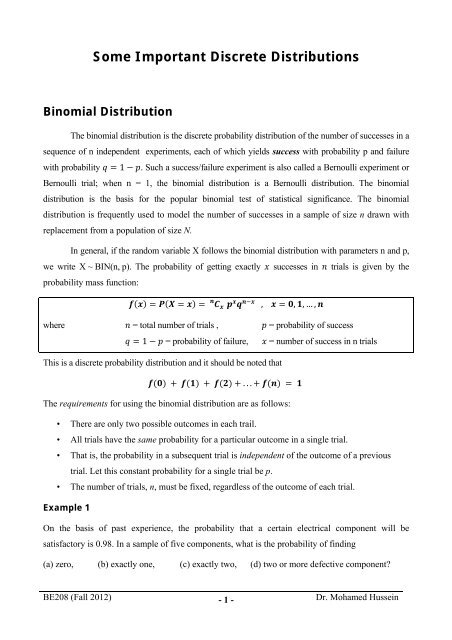
Some Important Discrete Distributions Binomial Distribution

Parameters Of Discrete Random Variables
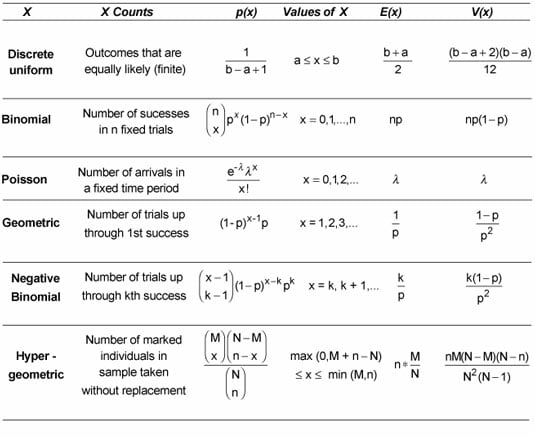
Discrete Probability Distributions Dummies

Mathemathics Iv Discrete Probability Distribution Binomial Distribution 4 Youtube

Beta Binomial Distribution Wikipedia
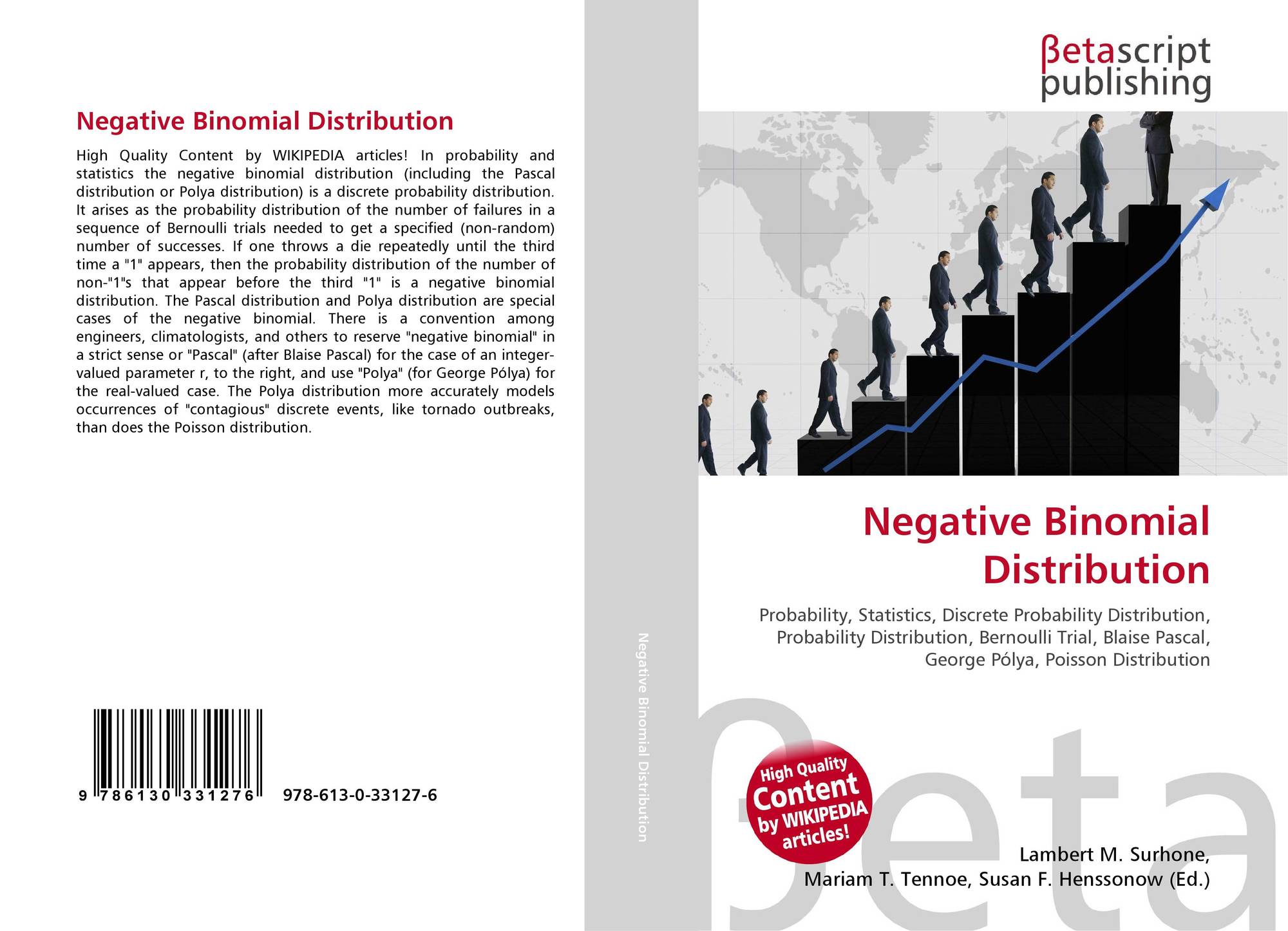
Negative Binomial Distribution 978 613 0 33127 6 6130331274 9786130331276

Some Important Discrete Probability Distributions Probability Distribution Random Variable

Discrete Probability Distributions
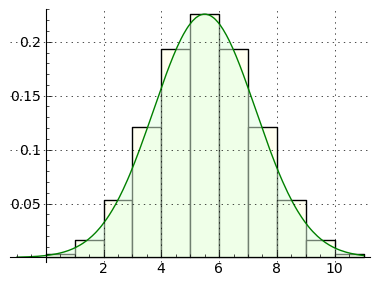
Binomial Probability

Binomial Distribution By Tutorvista Team Issuu
/binomial-56b749583df78c0b135f5c0a.jpg)
Expected Value Of A Binomial Distribution

Solved Chapter 4 Discrete Probability And The Binomial D Chegg Com

Distributions Normal Distribution Binomial Distribution Poisson Distribution Chi Square Distribution Frequency Distribution Ppt Download

Discrete Probability Distributions Business Statistics Lecture Slides Docsity

Discrete Probability Distributions Animal Science
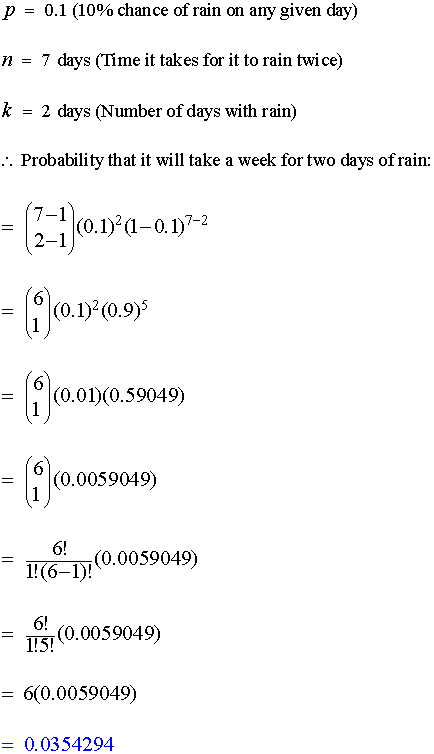
Negative Binomial Distribution

Ppt Chapter 4 Probability Distributions Powerpoint Presentation Free Download Id 6758330

5 Powerful Probability Distributions In Python Big Data Made Simple

Bernoulli Trials And Binomial Distribution Free Online Study Material Askiitians

Solved Exercise 2 Discrete Probability Distributions And Chegg Com

Doc Chapter 6 Discrete Probability Distributions Rishabh Sharma Academia Edu

Beta Binomial Distribution Wikipedia

Https Encrypted Tbn0 Gstatic Com Images Q Tbn And9gcr Uqjhdjmexui22rupsyxec6d3tgdiourndmuqgylcycnmecdw Usqp Cau

Binomial Distribution Shape Youtube
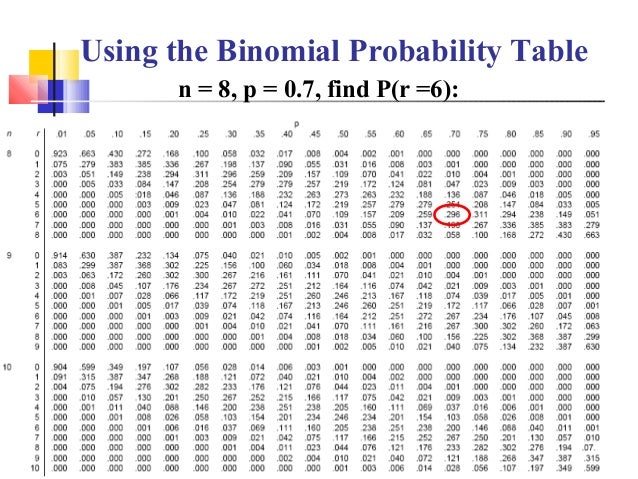
4 1 Probability And Discrete Probability Distributions

Pin On Probability
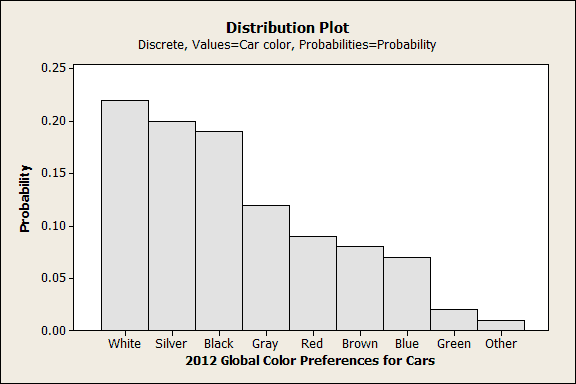
Understanding And Using Discrete Distributions

















































































/binomial-56b749583df78c0b135f5c0a.jpg)














Post a Comment for "Binomial Distribution Is A Discrete Probability Distribution"